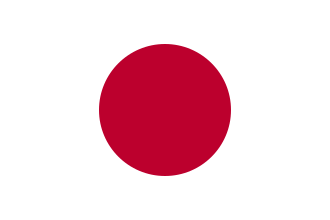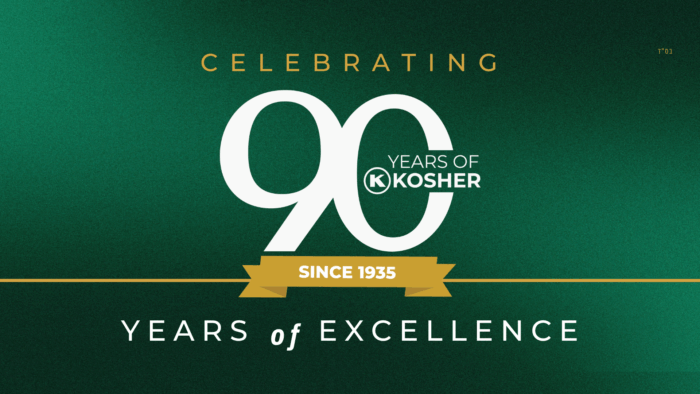Why is the Shabbos before Pesach called “Shabbos
Hagadol” – the great Shabbos?
On the Shabbos before Pesach, there was a “nes godol,” a great miracle. On Shabbos, 10 Nissan[2], Hashem told the Jews to prepare a lamb for a Pesach offering. While they were preparing the sacrifices, the first-born Egyptians came to the houses of the Jews and asked what they were doing with the lambs. The Jews affirmed that they were preparing a sacrifice to Hashem, who would later kill the Egyptian first-born. After hearing this, the Egyptians went to their parents and also begged Pharaoh to send away the Jews. When he refused, the first-borns went to war against their parents and killed them.
Why is this miracle
considered a “nes godol”?
Hashem has done many miracles for the Jewish people throughout our history, but the miracle of Shabbos HaGodol was unique because the Egyptians were at the height of their strength and their own children demanded that they listen to Hashem and fought on the side of the Jews. The Egyptians killing their own people was considered “ishapcha chashocha lenehora,” transforming darkness into light, the greatest miracle witnessed by the Jewish people.
Another interpretation…
While the Jews were preparing the lamb for the Pesach offering, the Egyptians came to their homes to look around. The Egyptians worshipped lambs, so they were appalled at the way the Jews were treating them. When the Egyptians asked what the Jews planned to do with the lambs, they answered clearly, “We have a G-d Who commanded us to sacrifice these.” This is the difference between a katan (child) and a godol (adult). A katan would be more likely to be afraid and make excuses for what he was doing, but a godol, who is strong and proud, affirms his convictions without shame. Since the Jews acted like gedolim, this Shabbos is called Shabbos Hagodol.
What does counting the omer have to do with Shabbos Hagodol?
In the Torah, the commandment for counting the omer is, “Usefartem lachem mimacharas haShabbos,” “You shall count for yourself from the morrow of the Shabbos.”[3] There is a machlokes in the Gemara over this posuk. The “Tzedokim” (Sadducees), who did not hold by the Oral Torah, interpreted the posuk literally. They felt that “mimacharas haShabbos” meant Sunday, the day after Shabbos. The rabbis of the Gemara disproved that theory, and we follow the opinion of the Gemara.[4] Despite the machlokes, the Torah does refer to the first day of the omer as “macharas haShabbos,” and the word “haShabbos” is interpreted to mean the Yom Tov of Pesach. Because of this interpretation, the Shabbos before Pesach is known as Shabbos Hagodol, to indicate that another day of rest takes place during that week, but that Shabbos is greater than Yom Tov.
1. Gleaned from Vedibarta Bam – And You Shall Speak of Them by Rabbi Moshe Bogomilsky.
2. Gemara Shabbos 87b.
3. Shmos 23:15
4. Gemara Menachos 65a.


 EN
EN  ZH
ZH  KR
KR  BR
BR  ES
ES  IN
IN  IL
IL  JP
JP 




